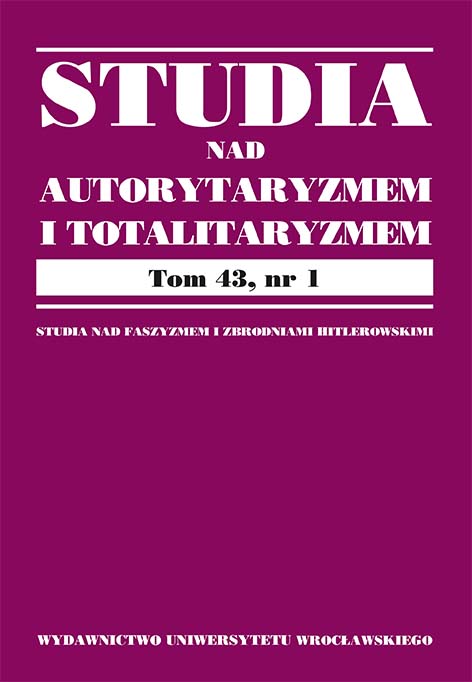

Artykuły

The subject of the article is the philosophical and political concept of Maurice Barrès (1862–1923), French writer and thinker, the most important next to Charles Maurras, a national-conservative thinker in the Third French Republic. The author argues that the topicality of Barrès’ concept lies in revealing the threat arising from the desire to fully reflect reality in political ideologies. The hermeneutic exegesis of Barrès’s concept avoids its superficial reading as chauvinistic or internally incoherent. The author situates it as an ideological and historical context as a polemic with official ideology of the Third Republic, that is, Charles Renouvier’s neocantism. Its links with the concepts of Ernest Renan and Hyppolite Taine, writers combining individualism and agnosticism with conservatism, are revealed. The author points out that Barrès’ opposition to the ideologization of collective life resulted from his concept of man. In the course of its evolution — the transition from ‘The Cult of Self’ to conservatism, its individualistic aspect has been preserved. This justified both the valorisation of the nation as one of the sources of the self’s identity and the rejection of chauvinistic approaches to nationalism, not taking into account other factors forming the human identity, i.e. the region and the universal community. It also justified the rejection of ideological apriorism in politics and political projects.